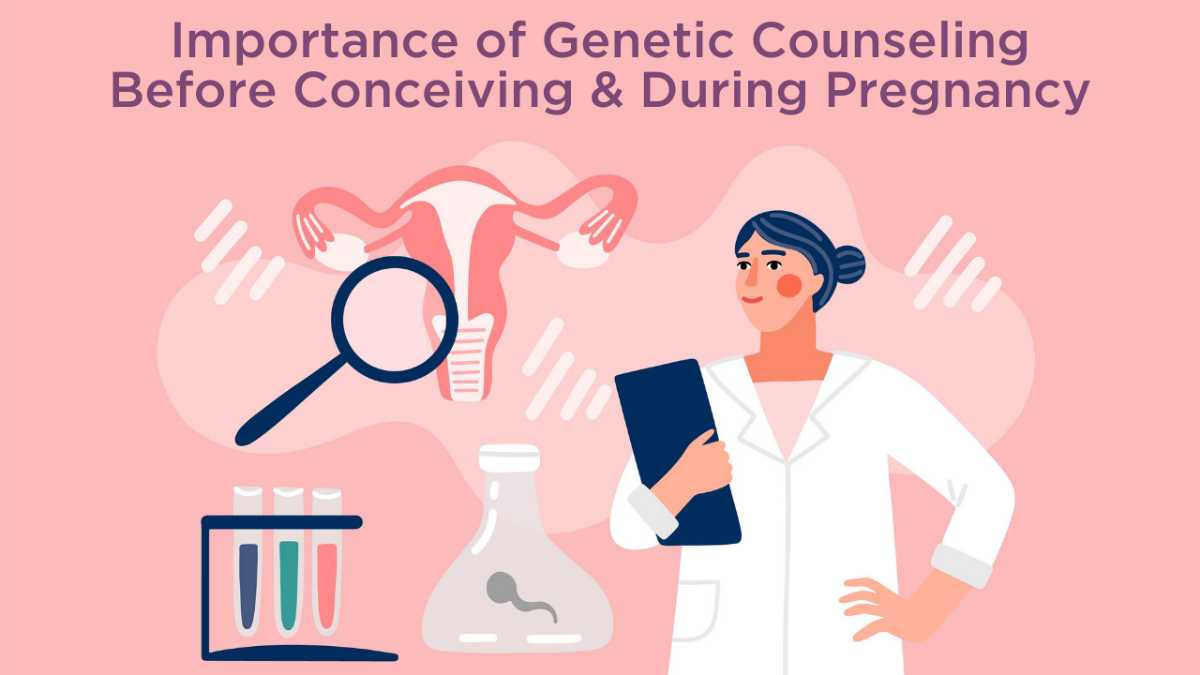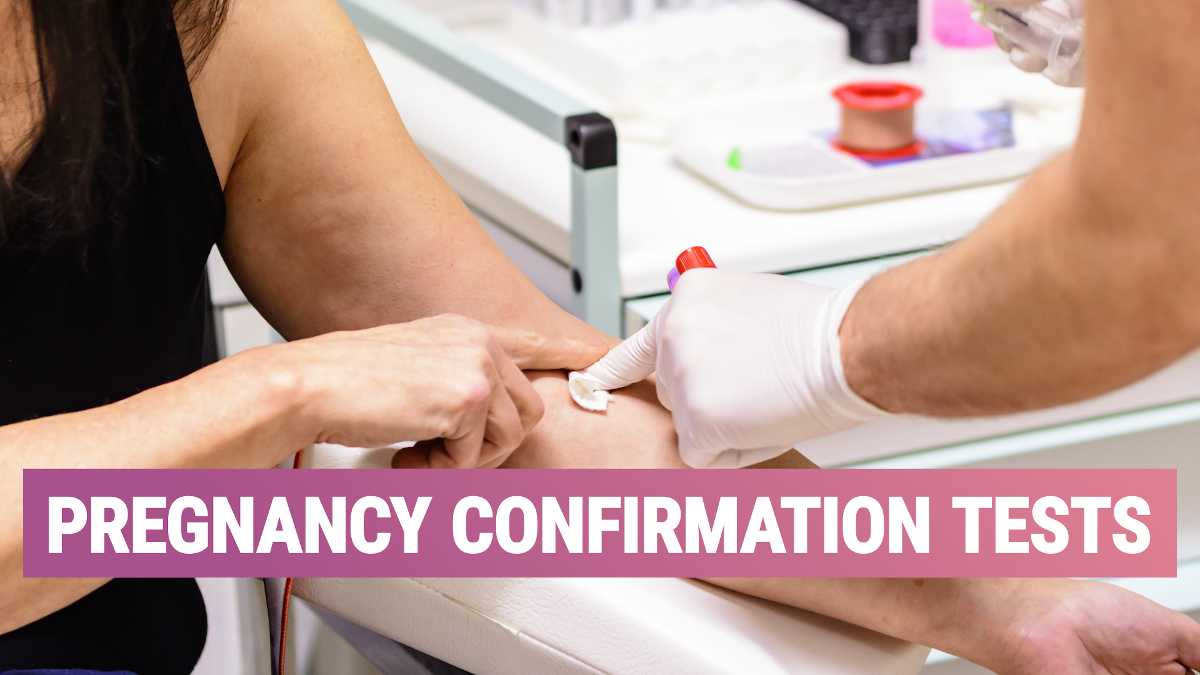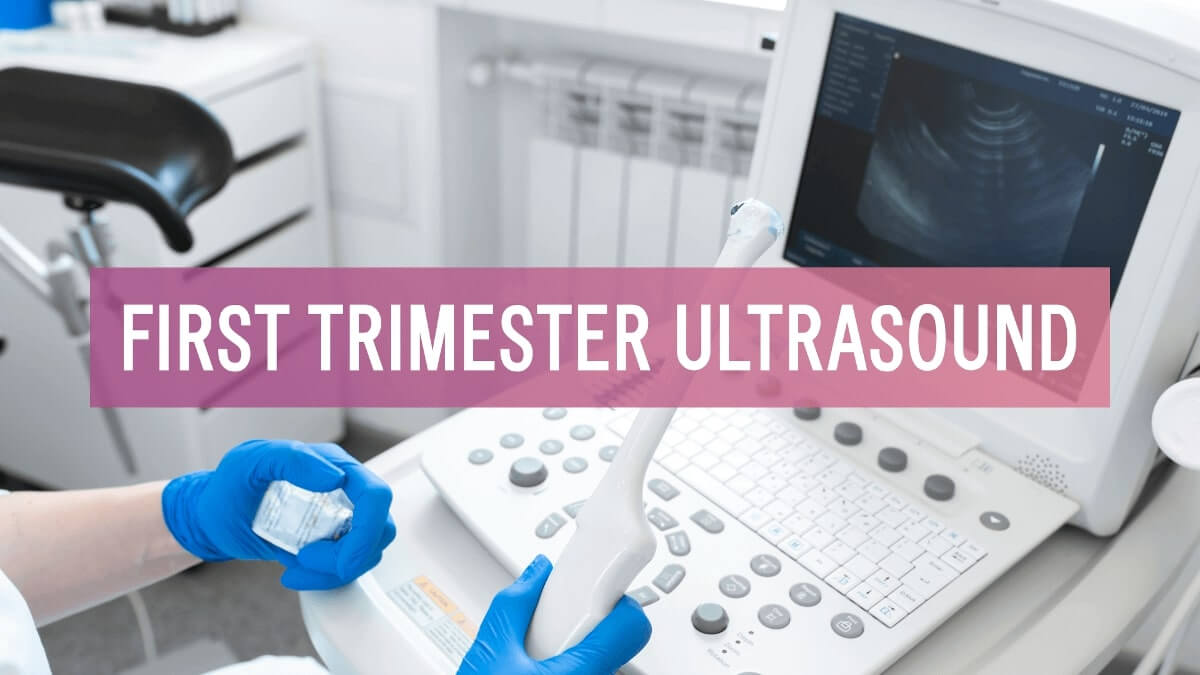What is Non-Invasive Prenatal Testing?

Non-invasive prenatal testing is a test that examines the possibilities of genetic defects and abnormalities in an unborn baby. Over a few weeks into the pregnancy, the DNA of the baby gets mixed into the bloodstream of the mother. This test takes a sample of this DNA present in the blood to analyze useful genetic information to find out the risk of abnormality in the baby.
Which syndromes does this test screen?
NIPT is a reliable option for screenings of the following chromosomal abnormalities:
1. Down Syndrome
2. Turner Syndrome
3. Edwards Syndrome
4. Patau Syndrome
The test is usually accurate in detecting the conditions above. But it is important to note that this is just a screening. It will only give results in terms of how likely or unlikely the baby is to develop a condition at birth. For in-depth testing and diagnosis regarding genetic disorders, doctors recommend getting amniocentesis. NIPT is known to be extremely sensitive in analyzing Down Syndrome. If this test result shows an increased possibility of the baby having Down Syndrome, it is recommended that you take the Chorionic Villus Sampling test or Amniocentesis test for more clarity. The PCPNDT Act is a law prohibiting the determination of the baby’s gender by any means, including NIPT.
What is the procedure of NIPT?

The risk of having a baby with Down syndrome rises in proportion to the increasing age of the mother. Usually, doctors recommend the Combined Test which consists of a mother’s blood test (Dual marker test) and an ultrasound scan in the first trimester known as the NT scan. The NT scan measures the fluid within the back of the baby’s neck. The Dual marker test and NT scan results adjust the age-related risk of Down syndrome to give a more accurate estimation of the risk. If this examination shows a higher risk of the baby having Down Syndrome, NIPT is suggested. This process involves an ordinary blood test which is sent to a lab for analysis.
When should you take the NIPT?
NIPT is recommended when the mother has an increased chance of carrying a baby with a condition like Down Syndrome. This happens when:
– The mother’s age is over 30.
– The mother has already had a child with Down syndrome
– The combined tests showed a likely risk of your baby having the condition
– The combined test was not taken by you in the first trimester
Results of NIPT:
The results ideally arrive in the span of 2-3 weeks. If the result is negative, this means your baby is not very likely to have any of the aforementioned conditions. If the result is positive, this means your baby is more likely to have one of the conditions mentioned above. Getting these Non-Invasive Prenatal tests done helps the parents heave a sigh of relief. They can either be freed of their worries if the result is negative, or they can start discussing the next steps to be taken if the result is positive. It helps get clarity and helps the mother and the baby have a systematic and safe pregnancy.
Special Thanks to Dr. Poornima Satoskar (M.D. , DNB, FRCOG (LONDON) ) for the expert advice.









